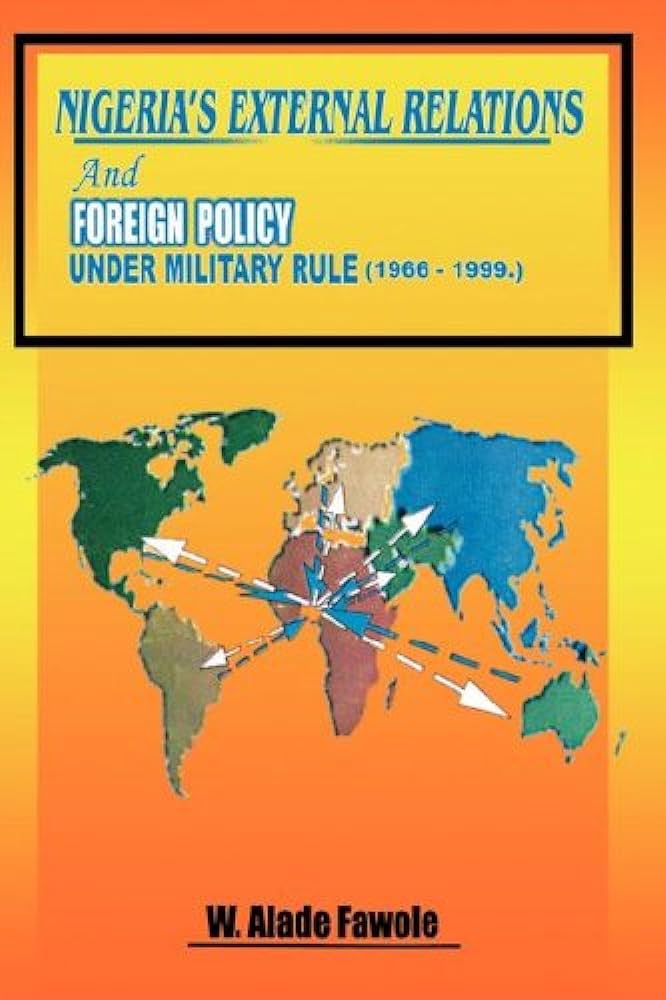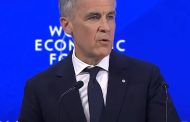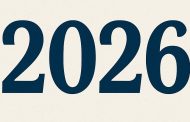By Prof Hassan A. Saliu
The University of Ife, now OAU, holds a lot of significance for the study of International Relations in Nigeria. It was from there that the discipline has spread to other campuses in the country most notably, beginning from the 1970s. Initially a component part of the Institute of Administration, degrees/diplomas were then awarded in the sub-field of International Relations. A revolutionary step was taken in the late 1960s at Ife when a full-fledged Department of International Relations berthed, a unique occurrence in Nigeria, notwithstanding the initial controversies that surrounded its establishment.
Ife, therefore, produced the first Professor of International Relations in 1981. Professor Olajide Aluko was, as I later learnt, the first Professor of International Relations not only in Nigeria but indeed, Sub-Sahara Africa. And then emerged the Ife School of International Relations with the late Professor Aluko as the Head. Subsequently, we have had Profs. Sola Ojo, Amadu Sesay, Ralph Onwuka, Kayode Soremekun, Alade Fawole, Tale Omole, Jide Owoeye and Drs. Julius Okolo, Emeka Nwokedi, among others, who were/are still keeping the flag flying after the relocation of Prof. Aluko to Israel and his eventual death there in 1989.

Retiring but not tired Prof Fawole
Today’s tribute is on Prof. William Alade Fawole, a consistent scholar of International Relations, especially its sub-set, Nigerian foreign policy where my path has crossed his on many occasions. He attended the Ahmadu Bello University, Zaria and graduated in 1978 with a degree in Political Science. He enrolled for his M.Sc programme at the Great Ife in 1981 and earned the degree in International Relations in 1983. It was the turn of the United States, precisely the George Washington University, to provide a space for young Fawole to study for his doctoral degree which he obtained in 1990.
Cumulatively, Prof. Fawole has spent over 41 years in the services of Great Ife before retiring in March 2024, having joined the University in 1983 after his M.Sc degree which he obtained from the university. He became a Professor in 2003 and retired after serving for over 21 years on that rank.
As a seasoned university person, his life has revolved largely around the four walls of Obafemi Awolowo University. He was once the Secretary of ASUU, Obafemi Awolowo University branch, 1995-2000; Head of Department, 2006-2008; Dean of his Faculty, 2008-2010; member of OAU Governing Council, 2003-2007. He served in a number of administrative committees of the university.
Although his career revolved around the university system, he has been found to have rendered services to bodies outside the system. For instance, he was a member of the Governing Board of ASCON, Badagry, 2008-2010. Prof. Fawole has, on a number of occasions, served as a Resource Person to the Legon Centre for International Affairs, Legon, Accra, Ghana and the Nigerian Institute of International Affairs, Lagos. He has also served as a Resource Person and Editor to the Council for the Development of Social Science Research in Africa, Dakar, Senegal.
In terms of publications, the birthday boy has contributed on a wide range of topics but he is more known in his primary academic area, Nigerian foreign policy. He has written extensively and presented numerous papers at seminars and conferences on the area to the extent that one can say that he represents one of the faces of contemporary Nigeria’s foreign policy. Is it the Obasanjo foreign policy one wants to talk about or any other regime’s foreign policy for that matter, Prof. Fawole has built a reservoir of knowledge on Nigeria’s external relations that should have been maximally tapped into, if our country has developed value for intellectualism. His article on President Olusegun Obasanjo’ s foreign policy that was published by NIIA in 2000 was futuristic. The conclusion one can inevitably draw from the article is that Nigeria’s foreign policy in comparative terms was better handled between 1999-2007 than any other periods ever since under the Fourth Republic.
Another contribution of Prof. Fawole in his book on Nigeria’s External Relations under the Military is his effort at chronicling the different eras of Ministers of Foreign Affairs in Nigeria. For our younger colleagues who, during one of our outings at the level of NPSA that featured Prof. Bolaji Akinyemi in 2021 had asked questions on the country’s foreign policy in the past, can turn to this article and others by Prof Fawole, who we, his friends, fondly call Willie. In the same work cited above, all the major issues that cropped up under successive military regimes were carefully presented and analysed in the book. One unintended objective which Willie has achieved in the book is to return a verdict that the era of military rule in Nigeria was far more sung in foreign policy than the era of civil rule, which its aggregate impact is still being examined due to the torrent of issues that have visited the domestic environment of the country that have weakened its external push.
Mention should also be made of his chapter on political parties and foreign policy under the Fourth Republic in which he submits that the parties although have provisions in their manifestoes/constitutions on foreign relations, they have been observed to be mere on-lookers as the vibrancy that was observed on the part of the parties during the First Republic is near absent under the current republic. On the whole, Prof. Fawole has authored four books, co-edited six books, written over 70 journal articles and book chapters and published three research monographs.
Our friend is also a columnist whose articles have appeared in the Tribune, The Nation, Westerner and others. On most of the occasions, he has spoken for Africa but on some other times he can be brutally frank on anti-progress that he has identified with the African governance behaviour. On his school of thought in International Relations, Prof. Fawole is easily a realist with a dose of nationalism or the spirit of Pan-Africanism burning in him. I recall an occasion when I drew his attention to a book that tried to rewrite the history of colonialism in Africa. He was impatient with me to hear the full story before he put down the effort. For those familiar with his writings, his books and articles are easy to read but he can be unrestrained at times in his use of words or introduce words that may warrant regular consultations with the dictionary because he is, in a way, a wordsmith.
He is a loyal member of the NPSA, as he is of ASUU. His mood can easily change on ASUU matters. Although a liberal scholar, he can be fanatical when ASUU is involved. I must confess that I have experienced that on a number of occasions with him. Two of these encounters are significant for the abruptness that ended our discussions on each occasion. One of these took place in Abuja at a programme of the Society for International Relations Awareness (SIRA), a few years back. Everything I said on that occasion did not make any sense to him because of his strong belief in ASUU. One only hopes that he will not declare a strike action in his next duty call, especially if it is not a public university in Nigeria. Many years back, I had discussed the UNILORIN-ASUU Crisis with him. Let me simply report it here that we did not get anywhere in the discussion as the two parallel positions shared by the two of us also abruptly ended our discussion on the matter.
The family of scholars on Nigeria’s foreign policy, of which I am a member will, no doubt, begin to miss the fecundity of one of its prominent members due to retirement. It is therefore incumbent on those of us who are still in the service to try to replicate his energy and even strive to surpass his level of engagement with the policy as we have no choice with the current numerous challenges confronting the external sector of Nigeria that suggest going back to the basics in re-inventing the policy.
On the part of the NPSA, he was at our Port Harcourt conference held in 2016; he contributed a chapter on Nigeria’s foreign policy to our book on Nigeria’s political parties that was published in 2018; he was our Guest Lecturer at the 17th edition of the NPSA Platform on Nigeria’s foreign policy that was held in January, 2024; and he has been a strong supporter of the current executive in its determined effort to change the narratives about the NPSA.
The executive committee of the NPSA congratulates Prof. Fawole, our staunch member and a mentor to younger colleagues for retiring peacefully from OAU, Ile-Ife and wish him well as he becomes a senior citizen.
The author is the president, NPSA.




























